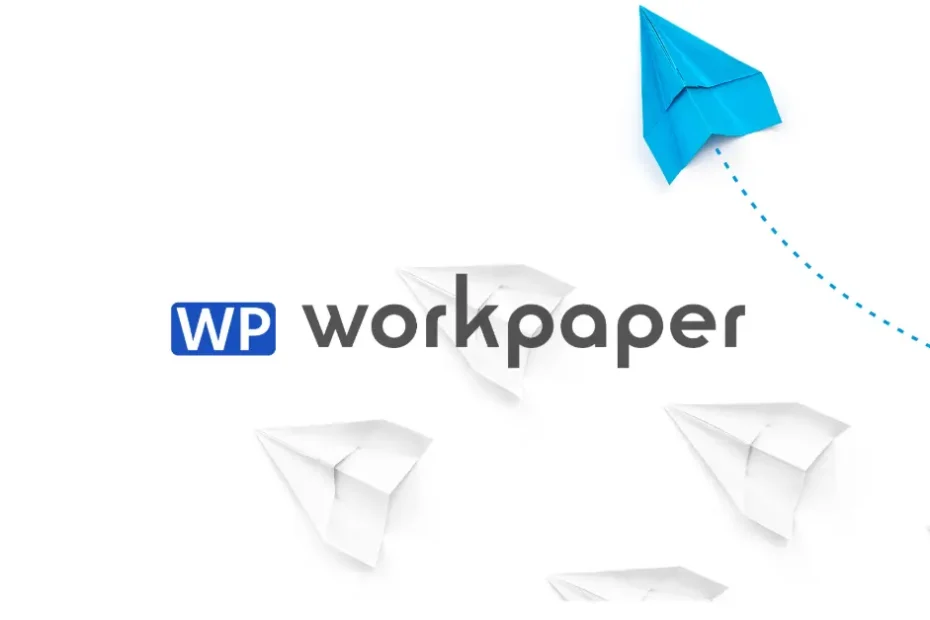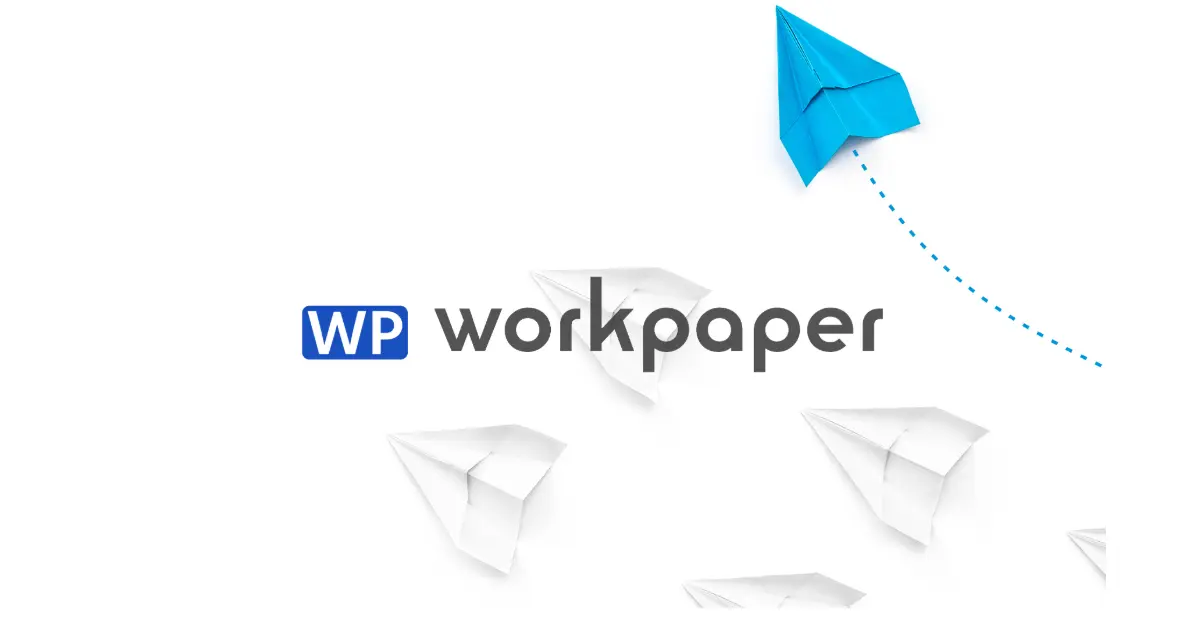ller AI
Startups and SDR’s
As a startup founder, your sales development representatives (SDRs) are on the front lines of your growth strategy. They play a critical role in generating leads, qualifying prospects, and setting the stage for successful sales conversations. Given their pivotal role, equipping your first SDR hires with the right tools and information is crucial for their success and, by extension, the success of your startup. Here’s how founders can set their SDR team up for success from day one.
Understand the SDR Role in Your Startup
Before diving into tools and strategies, it’s essential to understand the unique role that SDRs play in a startup environment. Unlike established companies where processes and targets may be more defined, startups offer a dynamic and sometimes unpredictable landscape. SDRs in startups need to be adaptable, proactive, and creative in their approach to prospecting and lead generation.
Equip with the Right Tools
CRM Software
A robust Customer Relationship Management (CRM) system is the backbone of any successful sales operation. It helps SDRs track interactions with prospects, manage leads, and analyze their pipeline. For startups, choosing a CRM that is scalable, user-friendly, and integrates with other tools is key.
Communication Tools
Effective communication tools are vital for SDRs. This includes email automation software, calling software, and social media tools. These platforms can help SDRs reach out to prospects efficiently and track the effectiveness of their outreach strategies.
Sales Intelligence and Prospecting Tools
Equip your SDRs with tools that provide insights into potential customers, industry trends, and competitive landscapes. Sales intelligence platforms can help SDRs identify and prioritize leads that are more likely to convert.
Training and Development Resources
Continuous learning is crucial in the fast-paced startup world. Provide your SDRs with access to sales training courses, webinars, and industry-related content to help them refine their skills and stay on top of emerging trends.
Share the Right Information
Clear Understanding of Your Product or Service
SDRs should have an in-depth understanding of what you’re selling, including features, benefits, and how it addresses the pain points of your target market. This knowledge is crucial for communicating value to prospects effectively.
Ideal Customer Profile (ICP) and Buyer Personas
Clearly define and share your ICP and buyer personas with your SDR team. Understanding who they are targeting will help them tailor their outreach and improve their chances of engaging qualified leads.
Value Proposition and Messaging
Develop and communicate a clear value proposition and consistent messaging guidelines. This ensures that all communications from your SDRs are aligned with your brand and resonate with your target audience.
Goals and Expectations
Set clear, achievable goals and expectations for your SDRs. This includes targets for lead generation, outreach activities, and any specific KPIs that align with your startup’s growth objectives. Regular feedback and performance reviews can help keep your SDRs motivated and on track.
Foster a Culture of Success
Creating a supportive and collaborative environment is essential for SDR success. Encourage open communication, celebrate wins, and provide constructive feedback. A culture that values experimentation and learning from failures can empower SDRs to take initiative and innovate in their approach to sales.
Conclusion
Investing in your first SDR hires by providing them with the right tools and information is not just about setting them up for success—it’s about laying the foundation for your startup’s growth. By understanding their unique role, equipping them with the necessary resources, and fostering a supportive culture, you can build a high-performing SDR team that drives meaningful results for your startup.

